LME Steel Rebar, also known as London Metal Exchange Steel Rebar, is a widely traded commodity in the global metals market. Rebar, short for reinforcing bar, is a vital component in construction projects, providing structural reinforcement to concrete. It is primarily used in the construction industry for applications such as roads, bridges, buildings, and other infrastructural projects. The London Metal Exchange (LME) is a renowned exchange for trading metals, including steel rebar. It was established in 1877 and is one of the oldest and largest marketplaces for industrial metals. LME Steel Rebar futures contracts provide market participants with a transparent and regulated platform to hedge against price fluctuations and manage their exposure to steel rebar price risk. LME Steel Rebar futures contracts are standardized derivative instruments traded on the LME, allowing participants to buy or sell a specific quantity of steel rebar at an agreed-upon price and delivery date in the future. These contracts serve as a benchmark for the global steel rebar market, providing participants with information on current and future price expectations.
iron
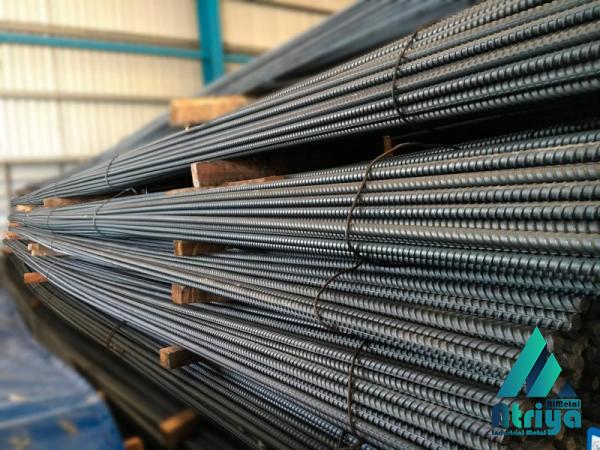 The price of LME Steel Rebar is influenced by various factors, including global supply and demand dynamics, production costs, raw material prices, economic indicators, and geopolitical factors. Like other commodities, LME Steel Rebar prices are subject to volatility due to these factors and market speculation. Market participants in LME Steel Rebar include producers, consumers, traders, and investors. Producers, such as steel mills and manufacturers, utilize LME Steel Rebar futures contracts to manage price risk associated with their production costs and raw material inputs. Consumers, such as construction companies and infrastructure developers, use these contracts to hedge against price fluctuations and secure a predictable cost for their projects. Traders and investors play a crucial role in providing liquidity to the LME Steel Rebar market. They take positions in the futures contracts based on their market outlook and profit from price movements. Traders may also engage in arbitrage opportunities by exploiting price discrepancies between the physical steel rebar market and the LME futures market. The availability of LME Steel Rebar futures contracts allows participants to trade in a regulated and transparent marketplace, enhancing price discovery and reducing counterparty risk.
The price of LME Steel Rebar is influenced by various factors, including global supply and demand dynamics, production costs, raw material prices, economic indicators, and geopolitical factors. Like other commodities, LME Steel Rebar prices are subject to volatility due to these factors and market speculation. Market participants in LME Steel Rebar include producers, consumers, traders, and investors. Producers, such as steel mills and manufacturers, utilize LME Steel Rebar futures contracts to manage price risk associated with their production costs and raw material inputs. Consumers, such as construction companies and infrastructure developers, use these contracts to hedge against price fluctuations and secure a predictable cost for their projects. Traders and investors play a crucial role in providing liquidity to the LME Steel Rebar market. They take positions in the futures contracts based on their market outlook and profit from price movements. Traders may also engage in arbitrage opportunities by exploiting price discrepancies between the physical steel rebar market and the LME futures market. The availability of LME Steel Rebar futures contracts allows participants to trade in a regulated and transparent marketplace, enhancing price discovery and reducing counterparty risk.
Specifications of iron
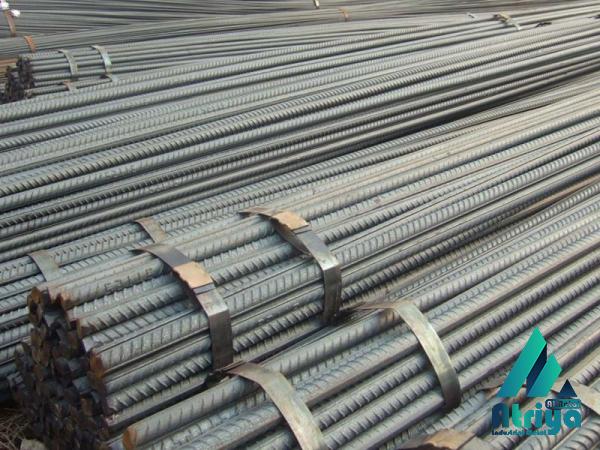 The exchange ensures fair and efficient trading through stringent rules and regulations, including margin requirements, position limits, and price limits. One essential aspect of LME Steel Rebar contracts is their delivery mechanism. Physical delivery is an integral part of the futures contract, ensuring that the contracts maintain a link to the underlying physical market. The LME provides a network of approved warehouses where steel rebar can be stored and delivered upon contract expiry. The LME Steel Rebar futures market operates through a process of open outcry trading on the LME trading floor in London and electronic trading through the LMESelect digital platform. Market participants can trade during designated trading hours, allowing for international participation as market hours overlap various time zones. In recent years, the global steel market has experienced challenges due to overcapacity, trade disputes, and volatile raw material prices.
The exchange ensures fair and efficient trading through stringent rules and regulations, including margin requirements, position limits, and price limits. One essential aspect of LME Steel Rebar contracts is their delivery mechanism. Physical delivery is an integral part of the futures contract, ensuring that the contracts maintain a link to the underlying physical market. The LME provides a network of approved warehouses where steel rebar can be stored and delivered upon contract expiry. The LME Steel Rebar futures market operates through a process of open outcry trading on the LME trading floor in London and electronic trading through the LMESelect digital platform. Market participants can trade during designated trading hours, allowing for international participation as market hours overlap various time zones. In recent years, the global steel market has experienced challenges due to overcapacity, trade disputes, and volatile raw material prices.
buy iron
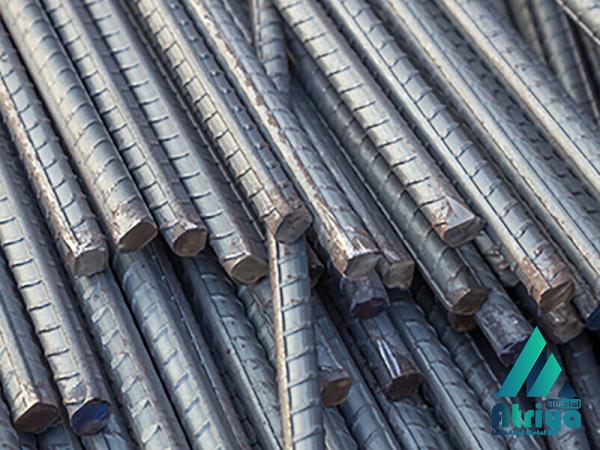 These factors have impacted LME Steel Rebar prices, leading to increased price volatility and uncertain market conditions. The LME Steel Rebar futures market provides participants with a mechanism to manage this volatility and mitigate their exposure to market risks. To ensure the integrity of the market, the LME employs strict rules and regulations, including position limits, position reporting, and monitoring of market abuse and manipulation. These measures promote transparency, fairness, and stability in the LME Steel Rebar futures market, fostering confidence among market participants. In conclusion, LME Steel Rebar is a significant commodity in the global metals market, with its futures contracts traded on the London Metal Exchange. These contracts provide market participants with a platform to manage price risk associated with steel rebar and hedge against price fluctuations. The LME Steel Rebar futures market operates through a regulated and transparent process, offering participants a means to trade and exchange physical delivery of steel rebar. Despite market challenges, the LME Steel Rebar futures market continues to serve as a vital benchmark for the global steel rebar industry, allowing participants to make informed decisions and manage their exposure to market risks.
These factors have impacted LME Steel Rebar prices, leading to increased price volatility and uncertain market conditions. The LME Steel Rebar futures market provides participants with a mechanism to manage this volatility and mitigate their exposure to market risks. To ensure the integrity of the market, the LME employs strict rules and regulations, including position limits, position reporting, and monitoring of market abuse and manipulation. These measures promote transparency, fairness, and stability in the LME Steel Rebar futures market, fostering confidence among market participants. In conclusion, LME Steel Rebar is a significant commodity in the global metals market, with its futures contracts traded on the London Metal Exchange. These contracts provide market participants with a platform to manage price risk associated with steel rebar and hedge against price fluctuations. The LME Steel Rebar futures market operates through a regulated and transparent process, offering participants a means to trade and exchange physical delivery of steel rebar. Despite market challenges, the LME Steel Rebar futures market continues to serve as a vital benchmark for the global steel rebar industry, allowing participants to make informed decisions and manage their exposure to market risks.

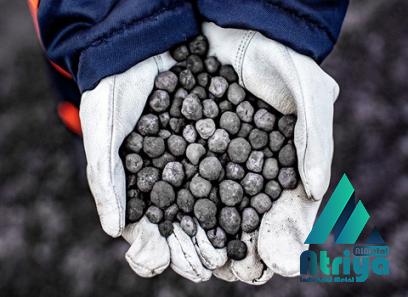
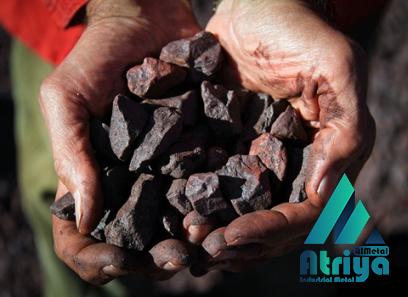
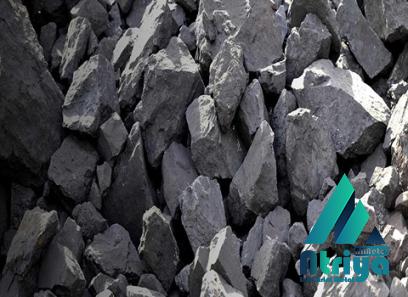
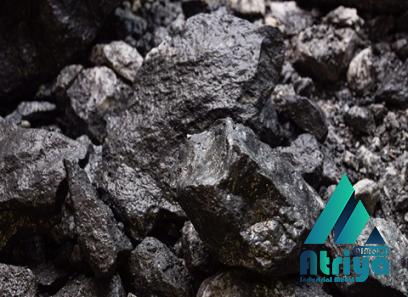
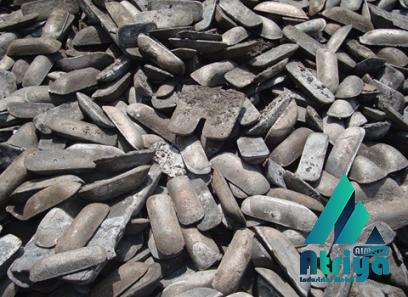
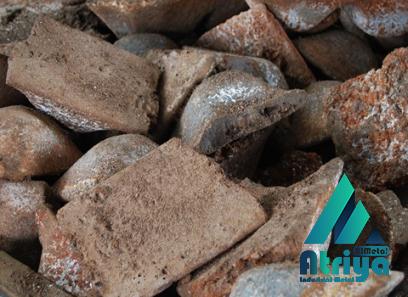
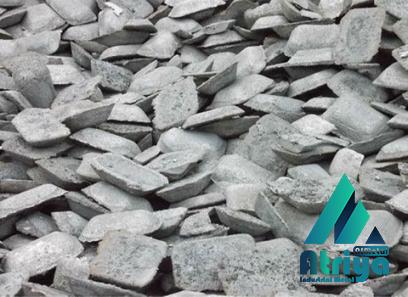
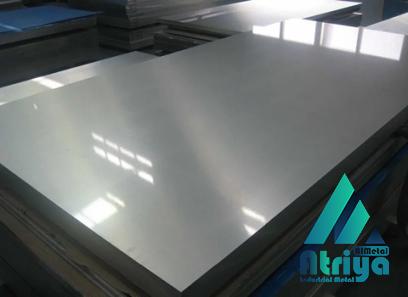
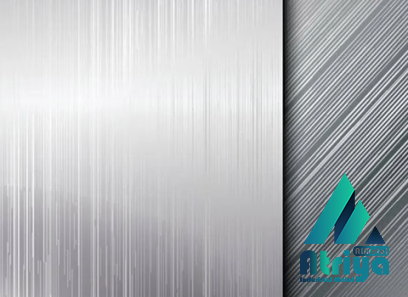
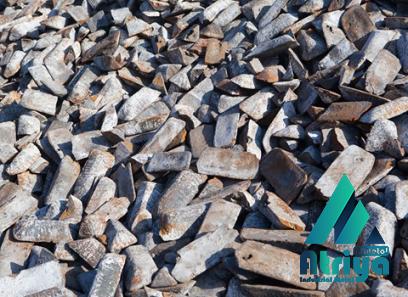
Your comment submitted.